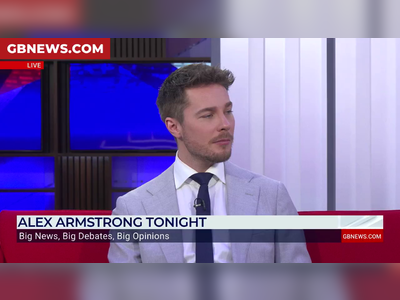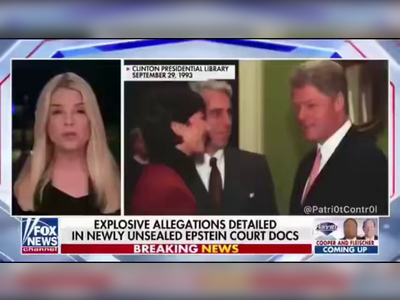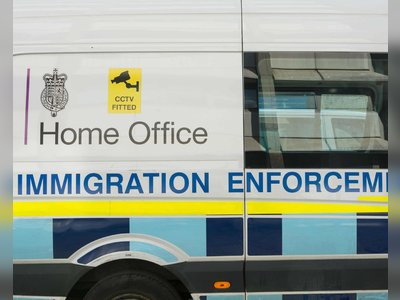
Supreme Court Maintains Ban with Bipartisan Backing, Deferring Decision to Presidential Authority
The U.S. Supreme Court has unanimously upheld a law that prohibits the social media platform TikTok unless its Chinese parent company, ByteDance, divests from it.
This decision places the future of the app, used by 170 million Americans, in the hands of incoming President Donald Trump, who intends to negotiate a solution that could allow TikTok to keep operating in the U.S.
The law, which received considerable bipartisan support and was signed by President Joe Biden, underscores the rising concerns over national security.
These concerns revolve around the possibility of foreign adversary control and the vast amount of personal data collected by the platform—data that could be exploited for espionage, harassment, or recruitment by foreign entities.
Despite these worries, the Supreme Court determined that the law does not infringe on the First Amendment, as TikTok's legal challenges had suggested.
ByteDance has struggled to meet the divestiture deadline, potentially leading to a temporary suspension of TikTok's services in the U.S. This imminent shutdown has sparked widespread reactions among TikTok's users, especially high-profile influencers who depend on the platform for their income.
Meanwhile, other Chinese tech firms are swiftly adapting, creating platforms like RedNote to attract the departing TikTok audience, although the Mandarin-only interface presents challenges for English-speaking users.
The geopolitical climate is also affecting the discussion surrounding TikTok, with Trump anticipated to impose significant tariffs on Chinese goods amid rising trade tensions.
This intricate web of economic, political, and security issues highlights the delicate balance of global tech governance.
As the deadline nears, those in the tech and legal sectors are watching closely.
The decisions made in the upcoming days by the Biden administration, and shortly after by Trump, could establish key precedents for how the U.S. handles national security threats posed by foreign-owned tech companies.
The outcome might also influence how other countries address similar security concerns with international tech giants.
The situation remains fluid, with the potential for a last-minute agreement or executive action that might allow TikTok to continue operating under new ownership or structural adjustments that address the identified security risks.
As stakeholders from various political, economic, and social arenas weigh in, TikTok's future hangs in a delicate balance that will soon tip in one direction or another.
The law, which received considerable bipartisan support and was signed by President Joe Biden, underscores the rising concerns over national security.
These concerns revolve around the possibility of foreign adversary control and the vast amount of personal data collected by the platform—data that could be exploited for espionage, harassment, or recruitment by foreign entities.
Despite these worries, the Supreme Court determined that the law does not infringe on the First Amendment, as TikTok's legal challenges had suggested.
ByteDance has struggled to meet the divestiture deadline, potentially leading to a temporary suspension of TikTok's services in the U.S. This imminent shutdown has sparked widespread reactions among TikTok's users, especially high-profile influencers who depend on the platform for their income.
Meanwhile, other Chinese tech firms are swiftly adapting, creating platforms like RedNote to attract the departing TikTok audience, although the Mandarin-only interface presents challenges for English-speaking users.
The geopolitical climate is also affecting the discussion surrounding TikTok, with Trump anticipated to impose significant tariffs on Chinese goods amid rising trade tensions.
This intricate web of economic, political, and security issues highlights the delicate balance of global tech governance.
As the deadline nears, those in the tech and legal sectors are watching closely.
The decisions made in the upcoming days by the Biden administration, and shortly after by Trump, could establish key precedents for how the U.S. handles national security threats posed by foreign-owned tech companies.
The outcome might also influence how other countries address similar security concerns with international tech giants.
The situation remains fluid, with the potential for a last-minute agreement or executive action that might allow TikTok to continue operating under new ownership or structural adjustments that address the identified security risks.
As stakeholders from various political, economic, and social arenas weigh in, TikTok's future hangs in a delicate balance that will soon tip in one direction or another.










